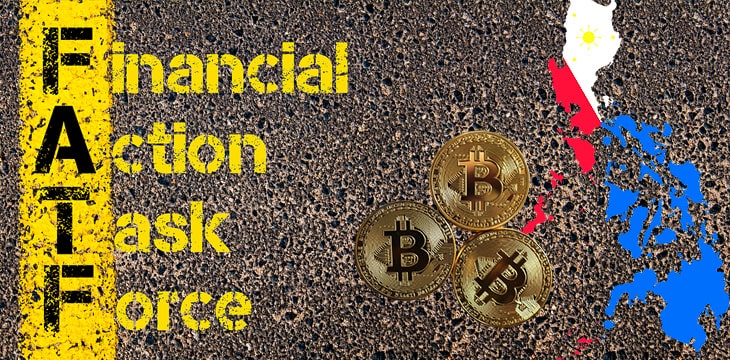|
Getting your Trinity Audio player ready...
|
Philippines’ central bank has issued new guidelines for the digital currency industry. They include the need to apply for an operating license, the minimum capital for service providers and stringent anti-money laundering programs.
In its statement, the Bangko Sentral ng Pilipinas (BSP) pledged “to provide an environment that encourages financial innovation while safeguarding the integrity and stability of the financial system.” It also recognized that virtual assets have the potential to revolutionize the delivery of financial services. They also come with their risks, including pseudonymity and price volatility, the bank stated.
To operate as a digital currency money service business, companies in the Philippines will have to obtain a certificate of authority. The virtual asset service providers (VASPs) will also have to comply with all the BSP rules and regulations and have sound corporate governance principles.
For digital currency custodians, the minimum capital required will be PHP50 million (US$1.04 million). VASPs without custodial services will be required to have a minimum of PHP10 million (US$207,770) in capital.
Wallet service providers must establish sufficient cybersecurity measures, the BSP guidelines further outlined. This will ensure “confidentiality, integrity and availability of data/information uploaded, stored, processed and transmitted into and out of the system and protect the infrastructure from malware, cyber-attacks and other evolving and emerging threats.”
VASPs shall conduct customer due diligence on all their users. They must also keep user data for any transactions worth PHP50,000 (US$1,000). This will help stamp out money laundering and other illicit uses of digital currencies, the watchdog believes.
The Philippines has had a few cases of alleged terrorist financing using digital currencies. According to The Diplomat, mid last year, Islamic State-linked terror groups used digital currencies to fund terror activities in the southern regions of the Southeast Asian country.
Other requirements include the need to mitigate risks that emanate from technology outsourcing such as confidentiality of data and security. VASPs must also maintain an internal control that’s “commensurate to the nature, size and complexity of their respective businesses.”
The regulator gave VASPs six months to comply with all the requirements in its circular. The circular takes effect 15 days after publishing.
BSP has been pro-digital currencies which has promoted the rising adoption in the country. In October 2020, it however dismissed claims of an imminent CBDC. It stated that it would need to conduct more research before making such a decision.
See also: CoinGeek Live panel, Digital Currency & Global Compliance: Tools & Tips for Exchanges, Wallets & Other Service Providers

 02-22-2026
02-22-2026 




